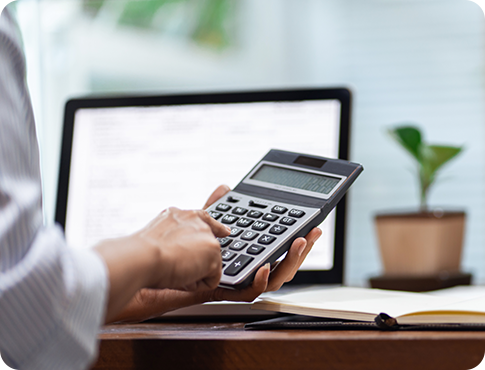What is budget planning?
Budget planning is organising your finances to keep track of your expenses and avoid spiralling debt. Moreover, you can track income and expenses to determine areas to save money. Budget planning enables you to take control of your financial situation and meet goals, such as buying a house or making an investment.
To ensure financial security for you and your family, use our free budget planner calculator.
Your builder, architect, council, surveyors, and other contractors are all a part of your new home construction. As such, for the approval of a construction home loan, you may be required to provide additional documentation. Further terms and conditions may also apply if you are an owner-builder.
Why is budgeting important?
Budgeting is vital for individuals, families, business banking, and more. Everyone and anyone should use a budget plan to organise their financial situation or needs. Budgets can give you a better idea of your monthly spending and help you meet objectives. Here are the benefits of budgeting:
- Long-term goals: Budgeting enables you to figure out your future objectives. You might not realise how much of your money you waste on trivial expenses. With a plan, you can deposit money in a savings account for a downpayment to buy a house.
- Debt control: Budgeting helps you avoid spending money you don’t have. People who overuse credit cards don’t always realise they’re overspending until too late. Budgets help you learn to live within your means and avoid drawing in debt.
- Retirement: It’s essential to save for the future. An online budget planner and retirement tools can help you put away an amount each month to support yourself later in life.
- Prepare for emergencies: Everyone needs an emergency fund. How will you meet your monthly mortgage repayments if you lose your job? Set realistic goals and factor your emergency fund into your budget to protect yourself from the worst-case scenario.
- Stop bad habits: You might not realise how much money you spend on monthly takeaways or that you pay for subscriptions you don’t use. Budgeting can shine a light on bad habits and refocus financial goals.
- Reduce stress: Money stress is detrimental to your health. How often do you struggle to sleep at night by wondering how to make ends meet? Budgeting ensures financial stability and control.
Tips to start budget planning
Before cutting your expenses and dumping money into your savings accounts, consider our tips to make the most of your budgeting.
What is your budget for?
What and who is your financial plan for? Creating a plan for your money is all well and good, but without a financial goal, you might find it hard to stick to. Your objective could be as simple as saving money. However, you might have a specific goal in mind, such as saving for a deposit for a house.
If you have a specific goal, consider how much money you need to save. For instance, a home loan deposit should be around 20% of the property value. With average property prices in Sydney at approximately $1,200,000, you need a deposit of $240,000. A budget planner will help you determine how long it will take to meet that goal.
Moreover, consider whether your plan is for you or your family. You can’t always separate finances, so you might need to sit down and plan your budgeting together.
How accurate are your figures?
It’s tempting when playing around with an online budget planner to fiddle with the figures until you get the result you want. However, the results provided won’t accurately reflect your situation. In real life, it’s not quite so easy to change income and expenses.
Ensure you input the correct amounts into the planner. Underestimating your expenditure will only come back to bite. If you’re unsure about amounts, guess larger than smaller. That way, it’ll be a pleasant surprise when you have leftover money to invest in your savings account at the end of the month.
Also, be careful not to duplicate expenses. For instance, if you put car insurance under the ‘Motor Vehicle/Transport’ section, don’t put it under ‘Insurance & Superannuation’ as well.
What is the difference between debt and spending?
The section for ‘Loans & Credit Cards’ is for paying off credit card debt. Do not confuse this with your everyday credit card spending, where you use your card and pay it off in full. For instance, if you spend $500 on food each month with your credit card but pay off the entire bill before the deadline, the amount goes under ‘Living Expenses’.
However, you might incur interest charges if you don’t repay your credit card bill before it’s due. These payments would go under the credit card section as it is a debt, like your loan repayments.
How much do you pay into your pension?
Don’t forget to include your superannuation deposits. If you make individual payments into your pension fund, include this under the ‘Insurance & Superannuation’ section. However, this is for voluntary contributions. If your pension deposits go directly out of your salary and you do not make extra contributions, don’t include them in the budget planner.
Do you often make ‘one-off’ payments?
It’s easy to dismiss one-off payments. After all, they’re one-offs – how do they fit into your monthly budgeting? They soon add up if you make one-off payments for birthdays, holidays, Christmas, car repairs, or housing renovations.
In fact, if you make a ‘one-off’ payment each month for one thing or another, surely you should factor this into your budget. Otherwise, you may not have the funds to make these periodic payments.
Our expenses calculator allows you to adjust the payment frequency to weekly, monthly, quarterly, or annually. For instance, you could input $200 annually to cover all gift expenses.
What to do when you get into debt?
The budgeting planner will reveal whether you are in credit or debt. You’re in debt if you’re spending more each month than you receive. In such instances, it’s best to dig yourself out of debt as soon as possible. The longer you let debt spiral, the higher your interest repayments. You should seek personal financial advice.
If you’re in the green, the calculator will inform you how much money you have left each month to save or invest.
Necessary and unnecessary expenses
If you cut out all of your unnecessary expenses, life wouldn’t be fun. However, wasting too much of your monthly earnings on things you don’t need might mean you never have enough money to save up to buy a house. Take stock of all your spending habits to see areas where you might save money.
Remember, ‘unnecessary’ doesn’t just refer to entertainment and leisure. It might also include bonus interest payments on your credit card or monthly account fees on your mortgage. With a budget, you can repay all your credit card payments without incurring interest. Moreover, speak to a mortgage broker about reducing home loan fees.
How to use the budget planner
Let’s look at an example of how to use the budget planner.
Charlie’s annual income is $40,000, which equals $3,333.33 a month. He also receives a $3,000 annual bonus and $500 weekly rental income (once he’s deducted investment expenses). Overall, his total monthly income is $5,750.
Charlie’s expenses include:
- Vehicle: $448.67
- Household expenses: $350
- Living expenses: $851.67
- Insurance & superannuation: $408.33
- Loans & credit cards: $2,300
- Leisure & entertainment: $740
At the end of each month, Charlie has an extra $651 to save or invest. If he wants to save money more quickly, he might consider reducing his leisure and entertainment budget and living expenses.
Budget planner results
Understanding the results of your calculations can help you plan for the future. With clarity and transparency, you might begin cutting unnecessary expenses and making regular contributions toward your savings.
If we look at our example above, it will take Charlie a long time to save for a 20% deposit to invest in another property. However, by reducing his living expenses by $50 a month, his entertainment budget by $80 a month, and negotiating interest rates on his mortgage, he might have $1,348 extra each month.
Our budget planner can help you save for a mortgage or reach other financial goals. Seek professional financial advice to make the most of your results.
FAQs
What are the seven simple steps in budgeting?
To create a budget, follow these simple steps:
- Set realistic and achievable goals
- Identify your monthly income and expenses
- Separate needs from wants
- Cut unnecessary expenses
- Calculate your budget
- Put your plan into action
- Meet your financial goals
What is the best way to plan a budget?
The best way to plan a budget is to take stock of all your incomings and outgoings. Look at your transaction account to assess possible savings. Once you have a good idea of how much money you have at the end of the month, determine how you can best use this money to meet your savings goals.
How do you use the 50/30/20 budget?
The 50/30/20 budget refers to a rule that you spend 50% of your monthly earnings on necessities, such as rental or mortgage payments, food, and bills. You should spend 30% of your earnings on unnecessary expenses, like entertainment and leisure. Finally, you should put 20% of your money towards savings.
Thousands of home loans from
from our lending partners
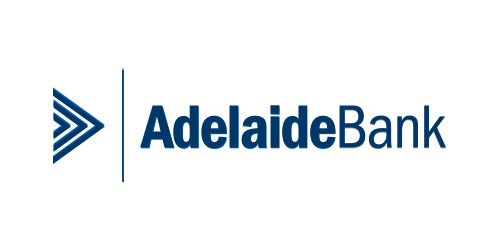


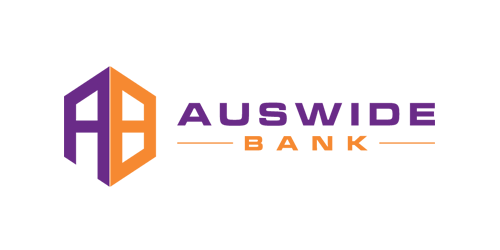
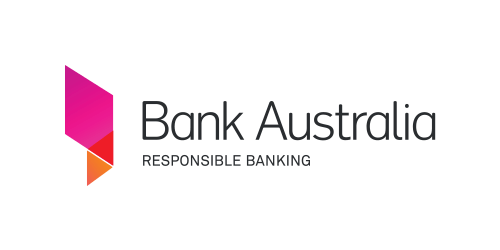
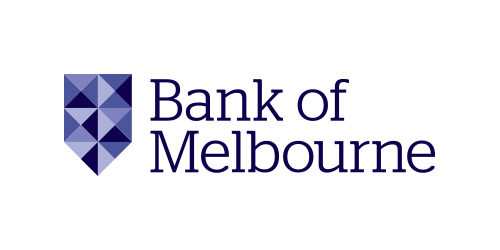

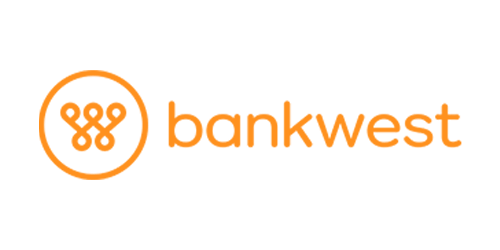
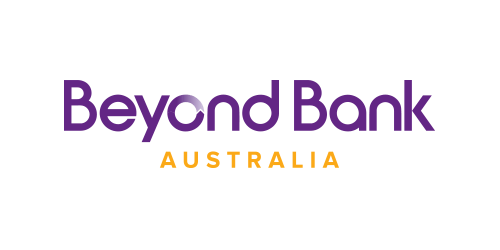







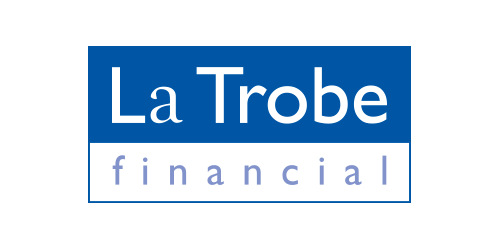
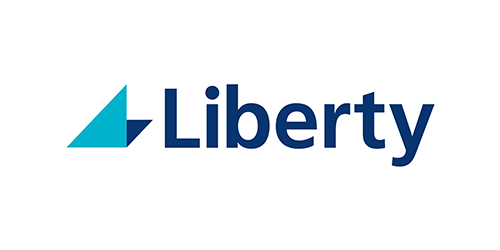
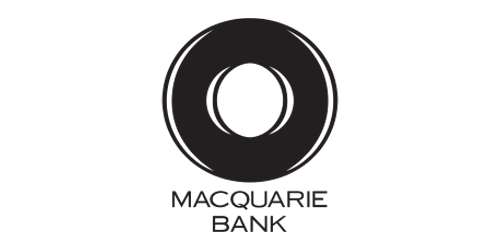

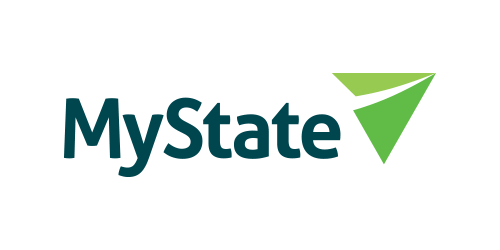









Get free home loan advice.
Chat with one of our trusted mortgage brokers without needing to commit. Our initial talk will be to assess your requirements and discover potential options from the market.



